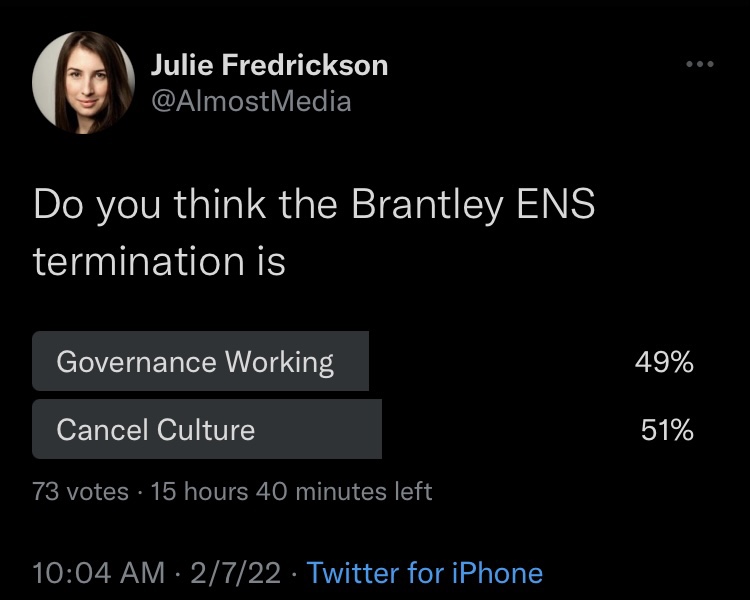I’ve been working on a talk for Coindesk’s Consensus in June. I’m doing a talk for their Big Ideas stage that Alex cleverly named the InDAOstrial Revolution. I’m pretty excited about the topic as it’s science fiction & finance history and social organization. It’s basically all my favorites. A
The invention of corporations was a transformative innovation for human organizing, driving the growth of the industrial revolution. Can DAOs drive an equally explosive innovation cycle? Decentralized autonomous organizations, or DAOs, offer us a shift towards open and inclusionary entities for marshaling resources and energy. This session dives into their potential futures, including open web public goods, the end of doomer capitalism, techno-optimism collectives, and the possibility of a networked nation state. Come for the sci-fi vibes, stay for the boomer neoliberal skepticism and get a pleasant dose of economic history in the process.
I’ve been doing a little bit of deep diving into the history of the corporation and it’s role in American history in particular. And when I was procrastinating during my flu I watched Gilded Age. Just so you’ve got an idea of my mind set. And honestly it’s been a mind fuck.
I’m not a historian but I think you can make the case that America had corporate governance before we had a functional state or federal government. In fact, this History of the Corporate Form from Fordham Law showed me the wildest fact I’ve ever seen. In America the corporation came before the state.
Other notable “joint-stock” companies, such as the Virginia Company, helped expand British control of North America. In fact, the Virginia Company established the General Assembly, which was the first legislature in North America.
The idea that some monarchy set a corporate charter up to extract commodities and that corporate organization led to a three hundred year experiment in self governance is astonishing. You really never can tell about an event’s downstream ripples. Our entire political way of life was downstream of property rights.
Of course, the reason I point this out is that how we organize and govern our resources and at what scale is what defines history. The ability to trust your goals and your investment will be executed, even if you are not personal overseeing it, is as it turns out a key innovation catalyst for all other technologies. The more efficient we are at at marshaling and deploying resources the further we get as a civilization.
The case I would like to make is that DAOs could help us unlock more sophisticated financing that enables ever further scale and coordination. If the corporation created American, can the DAO led other new nation states?
I can imagine a network state made up of sub-DAOs that provide interlocking economies. Some DAOs are responsible for infrastructure. Others are for services. Maybe we share some key responsibilities across one oligopoly for key social services like health care. The more something needs scale to succeed the more large scale collaborative behavior gets rewarded. I don’t doubt we can create some truly dystopian shit but also maybe it finally gets us to Mars.

